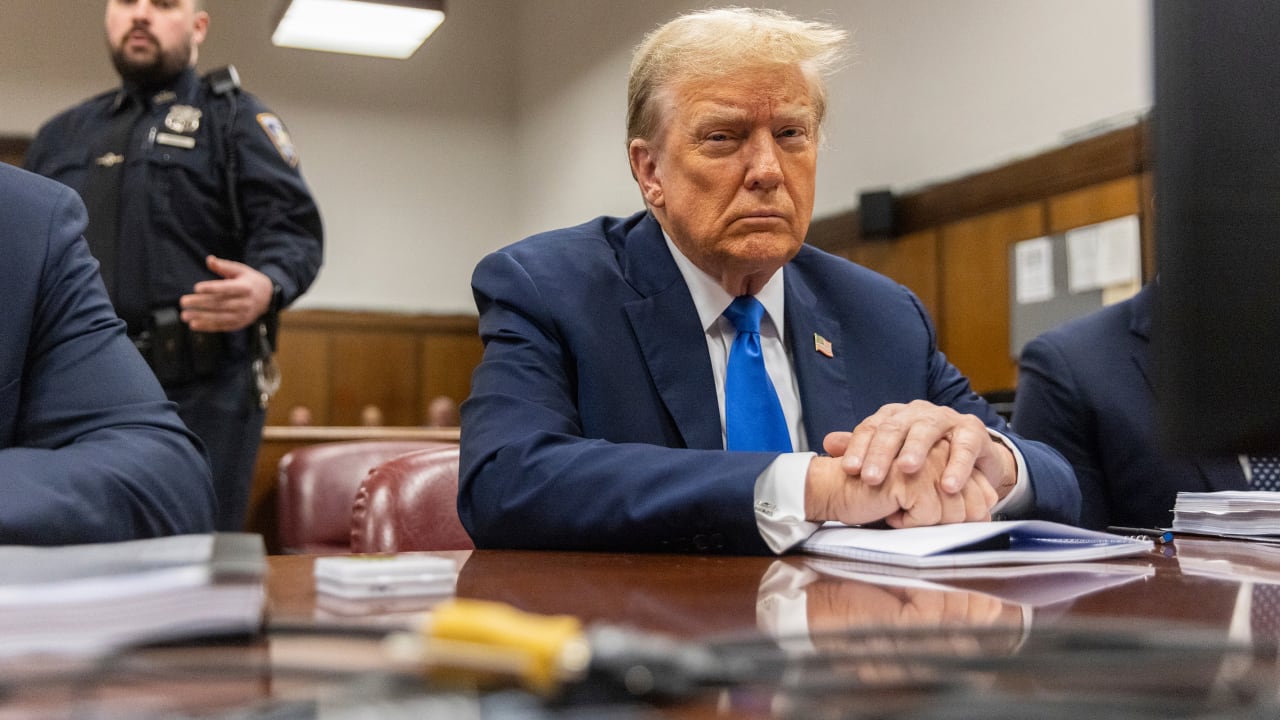The number of coronavirus-related deaths in England is significantly higher than the British Government has reported in its daily updates, according to new data from the Office of National Statistics (ONS).
The daily updates from the Department of Health and Social Care only include people who have died with coronavirus in hospitals, and not those who have died in nursing homes or other locations. They are also affected by a lag in reporting times.
But more complete data, released weekly by the ONS, records all deaths where coronavirus is registered on the death certificate – regardless of whether a person died in or out of hospital.
According to the ONS, the number of coronavirus-related deaths that occurred up to April 3 in England was 5,979. The comparative daily update released the following day by the UK Government reported 3,939 deaths in England.
The ONS number represents an increase of 52% on the figures initially reported for that period.
Confusion in UK death toll reporting: The disparity highlights the murkiness of Britain’s recorded death rates during the coronavirus pandemic.
The number of people who had died by April 3 has now been reported as three different figures. The first number – 3,939 – was revised upwards by the government on April 12, to 5,186. This was likely done because deaths can often take several days to record, so initial numbers effectively understate the true figure.
Now, the ONS figure – registered on April 11 and released on Tuesday – has added the deaths which occurred outside of hospitals to the total, resulting in an even higher number.
The newest ONS number is a 15% rise on the updated government figure, and a 52% on the initial government figure.
Such confusion means that making direct comparisons between the UK’s coronavirus curve and those of other European nations is difficult.
But the numbers clearly highlight that the UK’s headline figures for daily coronavirus deaths – which already amount to the fourth-highest total in Europe – are understated, and the true number can be significantly higher than the numbers revealed each day by ministers.
“Older people’s lives are not worth less”: The conflicting data sets have also prompted calls for the government to include deaths in care homes when they announce the new figures each day.
A number of leading British charities released a joint letter to Health Secretary Matt Hancock on Monday demanding a “daily update on coronavirus deaths in the care system, just like deaths in the NHS, so that as a society we can understand the scale of the challenge we face.”
“Older people’s lives are not worth less. Care home staff are not second class carers,” the charities said. “The Government must step in and make it clear that no-one will be abandoned to this virus simply because of their age, condition or where they live.”














